In today’s rapidly evolving media landscape, understanding audiences is more crucial than ever. With the rise of streaming platforms, digital content consumption, and global distribution, Content Acquisition Executives, Content Distribution Leaders, Production House Executives, Post-Production Managers, Localization Heads, Content Financing & Investment Executives, Streaming Platform Executives, Broadcast Network Programming Heads, Sales & Business Development Directors in Entertainment, Vendor Sourcing and Procurement Managers, Strategic Partnerships Managers, International Content Licensing Managers, Marketing and Audience Development Leaders in Media, and Market Research and Insights Analysts in Entertainment are all faced with the challenge of reaching and engaging their target audiences effectively.
How AI is Changing Audience Analysis in the Entertainment Industry
Gone are the days of relying solely on traditional methods like surveys and focus groups to understand audience preferences and behavior. Artificial Intelligence (AI) is revolutionizing audience analysis by providing real-time insights, personalized recommendations, and predictive analytics to help entertainment professionals make data-driven decisions.
Transform Your Workflow with AI Solutions!

Benefits of AI in Audience Analysis
- Enhanced Understanding of Audience Segments: AI algorithms can analyze vast amounts of data to identify specific audience segments based on demographics, interests, and viewing habits.
- Content Recommendations: AI-powered recommendation engines can suggest personalized content to users based on their viewing history, preferences, and behavior.
- Predictive Analytics: AI can forecast trends, predict audience reactions to new content, and optimize marketing strategies for maximum impact.
- Improved Content Localization: AI tools can analyze language preferences, cultural nuances, and regional trends to tailor content for specific markets.
Innovate Faster with the Power of AI!

Real-World Examples
– Netflix uses AI algorithms to analyze viewer data and recommend personalized content, leading to increased user engagement and retention.
– Disney uses AI to analyze audience feedback and predict box office performance for its movie releases, helping to optimize marketing strategies and distribution plans.
Key Takeaways
– AI enables entertainment professionals to gain deeper insights into audience preferences and behavior.
– Personalized recommendations and predictive analytics can help optimize content creation, distribution, and marketing strategies.
– AI tools can streamline the localization process and improve content relevance in global markets.
FAQs
Q1: How can AI help content creators understand audience preferences?
A: AI algorithms can analyze viewer data to identify trends, preferences, and behavior patterns, helping content creators tailor their offerings to meet audience demands.
Q2: What are the potential ethical implications of using AI in audience analysis?
A: Privacy concerns, bias in algorithms, and data security are important considerations when using AI for audience analysis. It’s crucial to ensure transparency and compliance with regulations.
























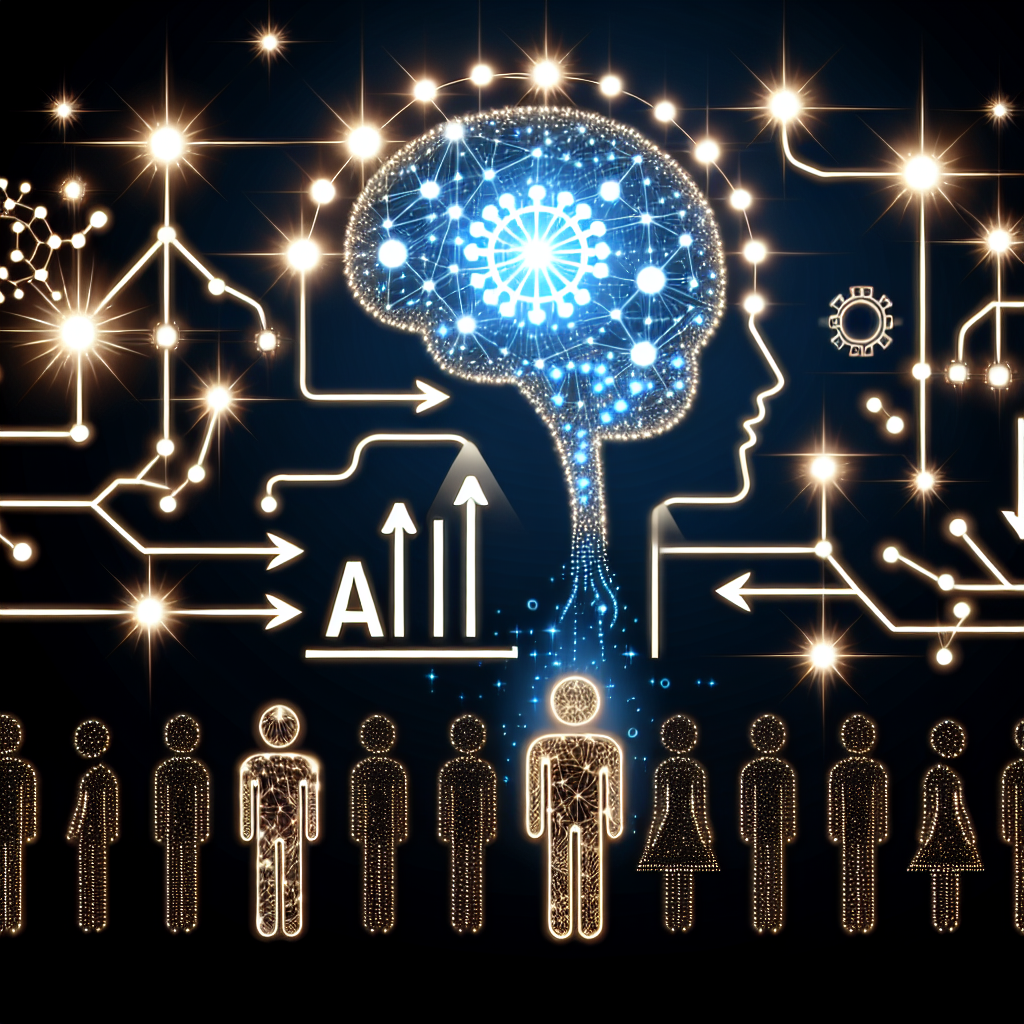





















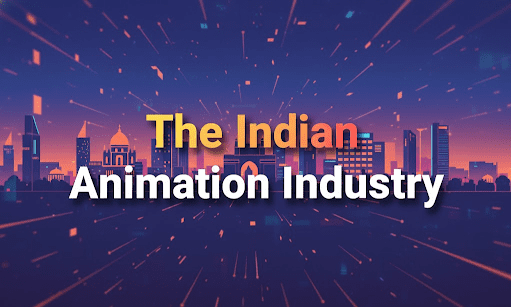
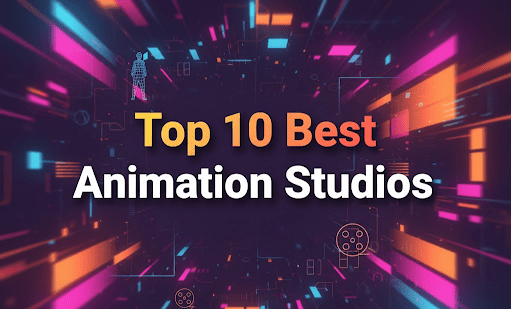

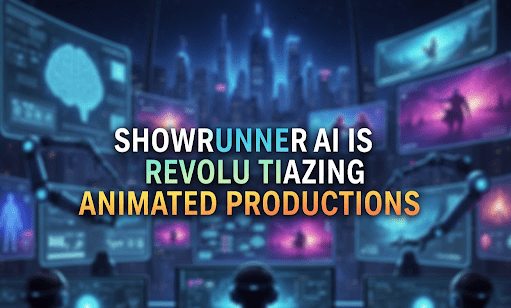
![South Korea's Top Film Distribution Companies [2025] 39 South Korea's Top Film Distribution Companies](https://vitrina.ai/wp-content/uploads/2025/10/South-Koreas-Top-Film-Distribution-Companies-1.png)
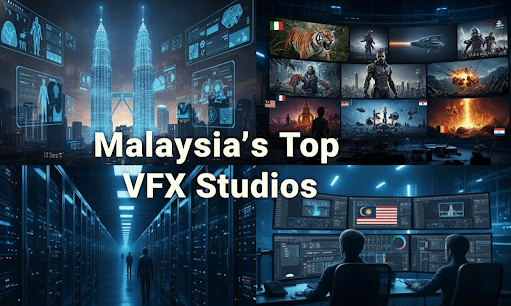
![The UK's Top VFX Companies [2025 Guide] 41 UK's Top VFX Companies](https://vitrina.ai/wp-content/uploads/2025/10/UKs-Top-VFX-Companies-e1760438286680.png)
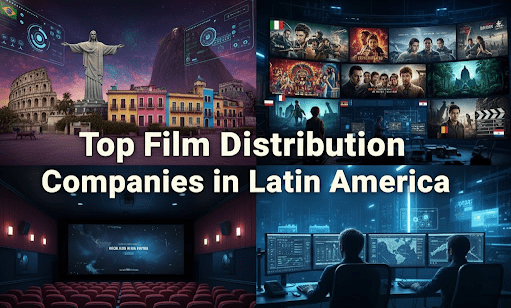
![Europe's Top VFX Studios [2025 Power List] 43 Europe's Top VFX Studios](https://vitrina.ai/wp-content/uploads/2025/10/Europes-Top-VFX-Studios-e1760432117570.webp)
![South Korea's Top VFX Companies [2025 Guide for Executive Partner Sourcing] 44 South Korea's Top VFX Companies](https://vitrina.ai/wp-content/uploads/2025/10/South-Koreas-Top-VFX-Companies-e1760432056369.webp)
